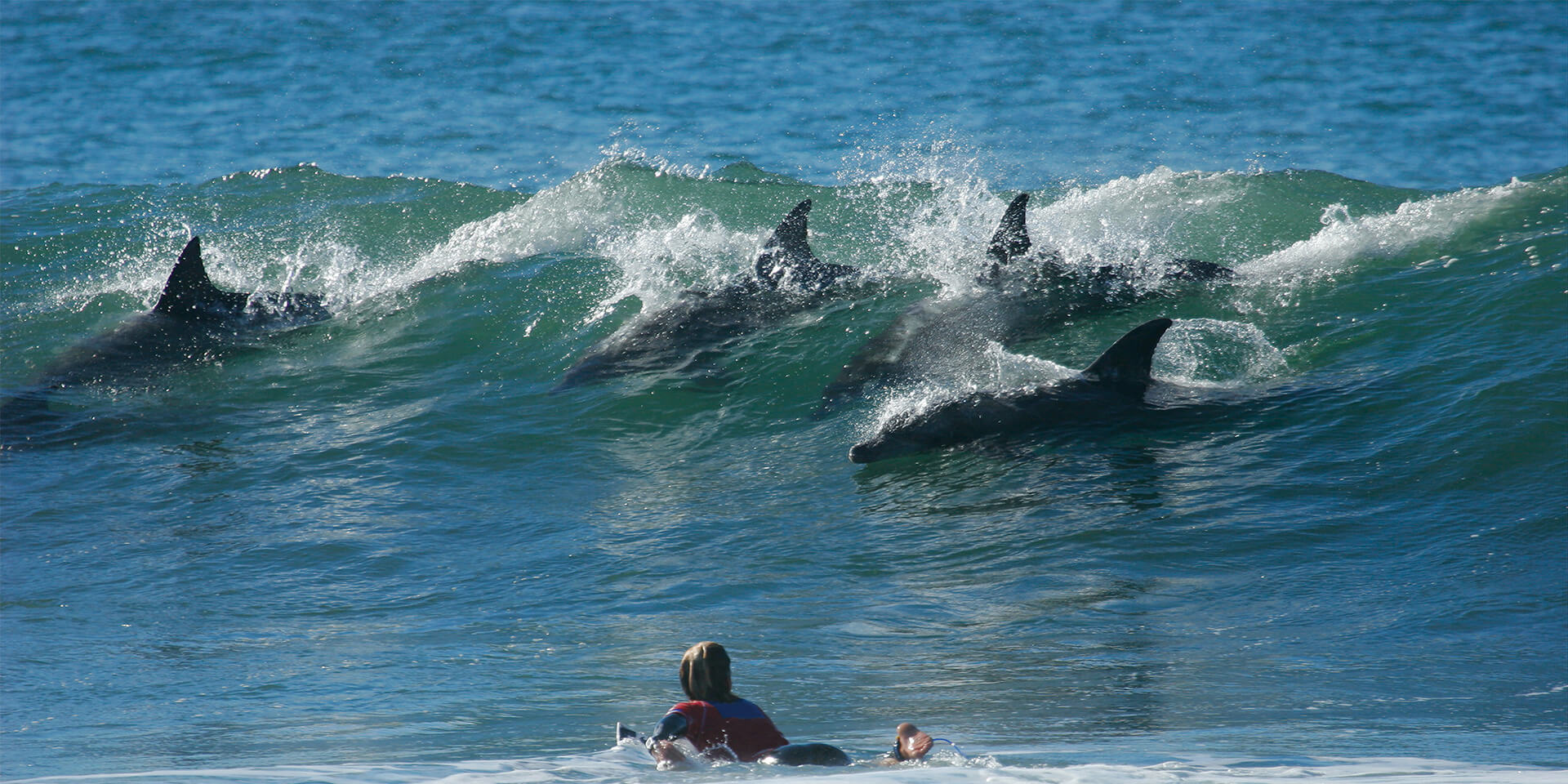Current Funding Opportunities
Fiscal Year 2025 Grants
DEADLINES
Fiscal Year 2025 Request for Proposals
Pre-proposal submission : Monday, October 7th 2024 11:59pm EDT (CLOSED)
Invitation to submit full proposal: sent via email by November 5th 2024
Full proposal submission (invited applicants only): Wednesday, February 5th 2025 11:59pm EST
Award notification: sent via email by Thursday, July 31st 2025
***Funding Request Limit: $75,000 USD ***
Development of new tools or methods to improve marine mammal stock assessments
Background
The mission of the Marine Mammal Commission is to further the goals of the Marine Mammal Protection Act (MMPA), 16 U.S.C. § 1361 et seq., which includes restoring and maintaining marine mammal populations as significant functioning elements of healthy marine ecosystems. Section 117 of the MMPA establishes a science-based process that requires the National Marine Fisheries Service (NMFS) and U.S. Fish and Wildlife Service (USFWS) to provide reports on the status of marine mammal stocks that occur in U.S. waters. These stock assessment reports (SARs) identify when direct human-caused mortality of marine mammals is unsustainable, and rely on estimates of minimum stock size/abundance (Nmin) and of human-caused mortality and serious injury (M/SI) by source. Abundance estimates are derived from visual surveys. However, due to the large number of marine mammal stocks, the remoteness and large ranges of some stocks, and limited resources, Nmin for many stocks is unknown or poorly estimated. Estimates of M/SI are obtained from a variety of sources, including stranding networks, fishery observer programs, subsistence hunters, monitoring of permitted activities, and opportunistic reporting systems. Because of the difficulty, cost, and uncertainties associated with collecting this information, estimates of M/SI for many stocks are often unreliable or negatively biased. Improving the quality and availability of Nmin and M/SI estimates is essential to fulfill the requirements of MMPA Section 117.
The Commission is seeking proposals that focus on the development of new tools, technologies, or methods to improve marine mammal stock assessments. Proposals must focus on the development of novel, low-cost approaches to 1) estimate abundance of marine mammal stocks (populations or other management units), and/or 2) estimate marine mammal mortality and serious injury, including approaches to estimate unobserved mortality, or assign M/SI to a source.
Pre-proposals must:
- Demonstrate how the proposed work would contribute to science-based management and policy.
- Be either applicable to marine mammal stocks that occur in U.S. waters (including transboundary stocks) or focus on marine mammal stocks occurring in areas where they may be subject to by-catch in foreign fisheries that export, or intend to export, seafood to the United States.
Proposed projects may include alternative methods to the standard approaches currently used to estimate population parameters (e.g., abundance estimates and M/SI), technologies that would improve current methods, or incorporation of alternative or novel data sources.
Eligibility:
Applicants from within the United States and outside the United States are eligible to apply, including both non-U.S. citizens and those affiliated with non-U.S. institutions.
Availability of funds to support research is dependent on passage of the Commission’s Fiscal Year 2025 budget.
Proposal Requirements and Submission Process
Requirements
Information on pre-proposal and full proposal requirements is available on the proposal requirements page. Please review and follow the information carefully.
Submission Process
Pre-proposals can only be submitted using the following link:
https://mmc.app.box.com/f/647b4cf946514d75b17ef426eca74efa
Pre-proposals submitted after the deadline, do not meet the requirements, or are submitted via email, will not be evaluated. Applicants invited to submit a full proposal will receive a separate link in their invitation.
Proposal Evaluation
Pre-proposals will be evaluated based on relevance to the current funding opportunity.
Full proposals will be evaluated with respect to: the importance or significance of the type of project proposed,1 its relevance to the current funding opportunity and focal area and the Commission’s mission and goals,2 the technical and resource adequacy of the proposal,3 and the likelihood that the project will achieve its stated objectives or outcomes. Review and selection of applications will be based on a detailed evaluation of these criteria and recommendations for funding. Awards are subject to the availability of funds.
Potential applicants may contact Dee Allen, Scientific Program Officer by e-mail (RPO@mmc.gov) or telephone (301-504-0087) with any questions about pre-proposal requirements, the evaluation process, out-of-cycle funding, or suitability of a topic for Commission funding. The Commission will assign reviewers for invited full proposals based on their expertise and assurance that they have no conflict of interest with the proposed activities. The Commission will maintain the confidentiality of all proposals.
________________________________________________________________________
1For example, would such a project significantly advance critical scientific understanding, contribute to the development of an innovative method or technology, lead to groundbreaking policy ideas, or catalyze critical thinking through a meeting, workshop or symposium?
2Mission: Provide independent, science-based oversight of domestic and international policies and actions, thereby promoting effective implementation of the MMPA and its goals of protecting and conserving marine mammals and their habitat. Strategic Goal: Improve Population Assessment and Health Surveillance. Our goal is to improve the availability and quality of data, scientific assessments, and information necessary for marine mammal conservation and management programs, especially in the face of climate change.
3For example, are the elements described in the proposal (e.g., project plan, field and lab procedures, sample sizes, proposed statistical analyses, equipment, research platforms) internally consistent and are they sufficient to achieve the project’s goals, objectives, and outcomes?
